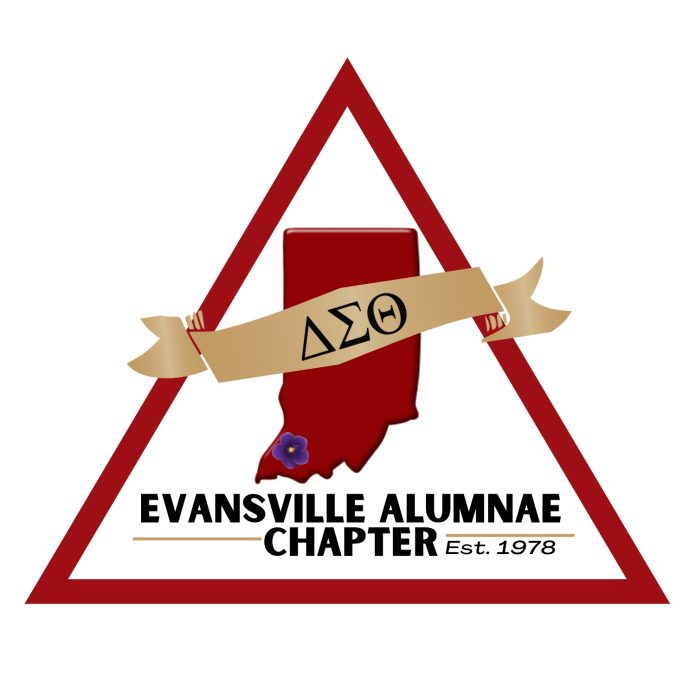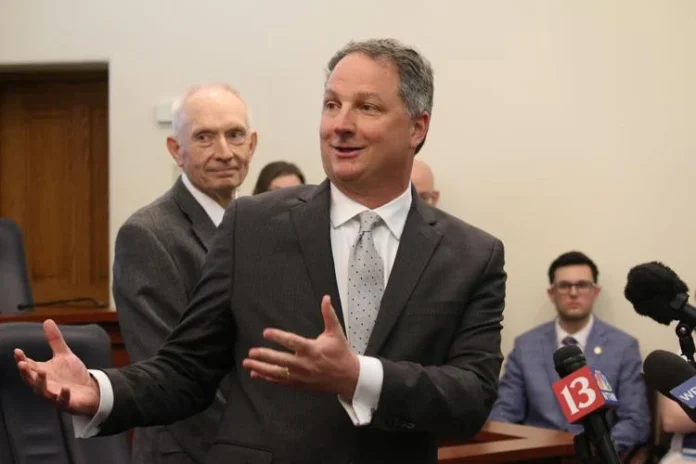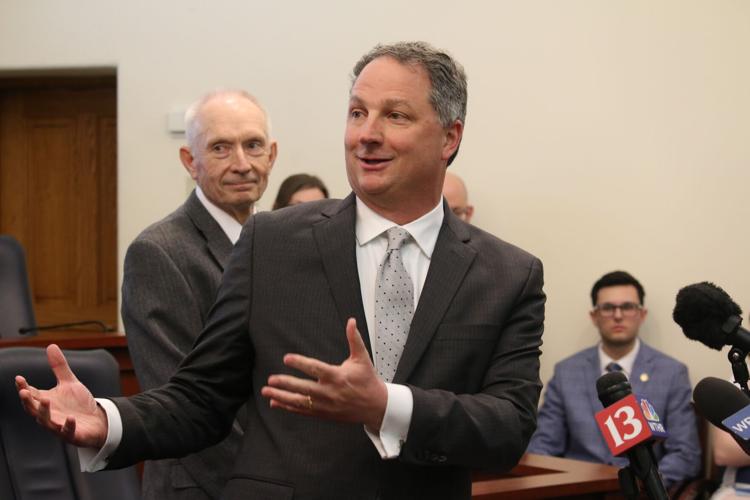This investment illustrates the Biden-Harris Administration’s commitment to changing the odds for underserved communities
WASHINGTON (April 27, 2023)  – Today the U.S. Environmental Protection Agency (EPA) announced $41 million in new technical assistance funding under America’s Water Infrastructure Act to help communities address urgent wastewater challenges. The new funding, awarded to nine technical assistance providers across the country, will primarily help rural, small, and Tribal communities assess water needs, identify solutions, and access funding from the Bipartisan Infrastructure Law and other federal programs. This action advances progress under President Biden’s EJ Strong Initiative by making a tangible difference in communities with legacy environmental justice concerns.
“Every person in every community deserves to have effective and dependable wastewater services,†said EPA Assistant Administrator for Water Radhika Fox. “That’s why we are thrilled to invest $41 million in technical assistance for underserved small, rural, and Tribal communities that often lack this necessity. This is another way EPA is working to change the odds for disadvantaged communities and support investments in essential water infrastructure.â€
Communities can request assistance by visiting the agency’s Water Technical Assistance webpage.
Many rural, small, and Tribal systems face unique financial and operational challenges, including aging infrastructure, workforce shortages, increasing costs, and declining rate bases. EPA’s grant funding will be used to assess communities most pressing challenges, provide training on water infrastructure and management best practices, help communities navigate the federal funding application process, and strategically invest in reliable infrastructure solutions.
The Rural, Small, and Tribal Technical Assistance providers serve an important role in helping to ensure that rural, small, and Tribal communities that have difficulty in securing public funding receive the help they need to access resources to support infrastructure improvements. These providers also support rural, small, and Tribal wastewater treatment systems – centralized and decentralized – to build technical, managerial, and financial capacity to operate their systems well and maintain compliance.
“Helping rural, small, and tribal communities is the mission of the National Rural Water Association, and we are thrilled EPA is expanding technical assistance nationally to meet critical wastewater needs,†said National Rural Water Association CEO Matthew Holmes. “Since 1977, NRWA has partnered with EPA to provide on-the-ground, direct assistance to small and rural communities. Today’s announcement substantially expands this assistance to include more underserved residents than ever, in all 50 states and Puerto Rico. We look forward to continuing our partnership with EPA, and applaud their commitment to ensure rural, small, and tribal systems receive the resources and support they need.â€
“RCAP is thrilled to continue providing local on-site technical assistance and customized training to rural tribal nations, something we have been doing for fifty years across our nation,†said RCAP CEO Olga Morales Pate. “We appreciate EPA’s commitment to improving the quality of life in rural America, and we look forward to getting started on this critical work.â€
The selected recipients for the Rural, Small, and Tribal Wastewater Technical Assistance Grant Program include:
Priority Area 1: Acquisition of Financing and Funding
These applicants will help rural, small, and Tribal communities plan for and access funding from the Infrastructure Investment and Jobs Act (also known as the Bipartisan Infrastructure Law) and other sources.
·        Southwest Environmental Finance Center-New Mexico
·        Rural Community Assistance Partnership Inc.
·        Hudson Valley Regional Council
·        Tennessee Water Resources
·        Alaska Municipal League
Priority Area 2: Protection of Water Quality and Compliance Assistance
This funding will help rural, small, and Tribal communities improve their technical, managerial, and financial capacity and maintain compliance.
·        New England Interstate Water Pollution Control Commission
·        Pacific Northwest Pollution Prevention Resource Center
·        Rural Community Assistance Partnership Inc.
·        National Rural Water Association
·        Southwest Environmental Finance Center-New Mexico
Priority Area 3: Tribal Wastewater Systems
This area provides training and technical assistance to tribes across all areas of their Clean Water Infrastructure.
·        Rural Community Assistance Partnership Inc.
·        National Rural Water Association
·        Southwest Environmental Finance Center-New Mexico
Priority Area 4: Decentralized Wastewater Systems
More than one in five households in the United States rely on septic systems and other decentralized systems, and this priority area focuses on assistance to those communities.
·        Des Moines Area Community College
·        Rural Community Assistance Partnership Inc.
·        National Rural Water Association
Priority Area 5: Lagoon Wastewater Systems
EPA estimates that lagoon wastewater treatment systems comprise about one-quarter of the wastewater treatment utility systems in the country; the funding will assist lagoon systems in improving water quality and achieving and maintaining compliance.
·        Rural Community Assistance Partnership Inc.
·        National Rural Water Association










